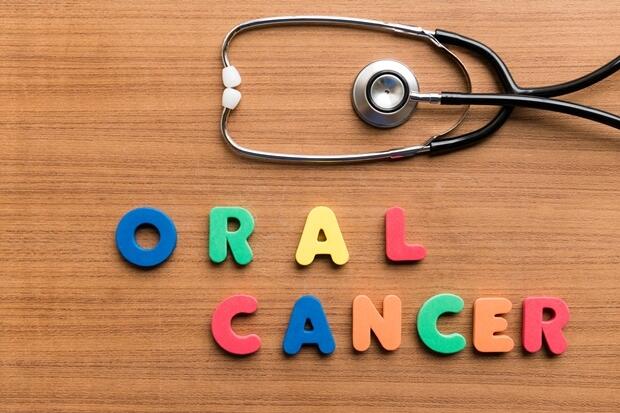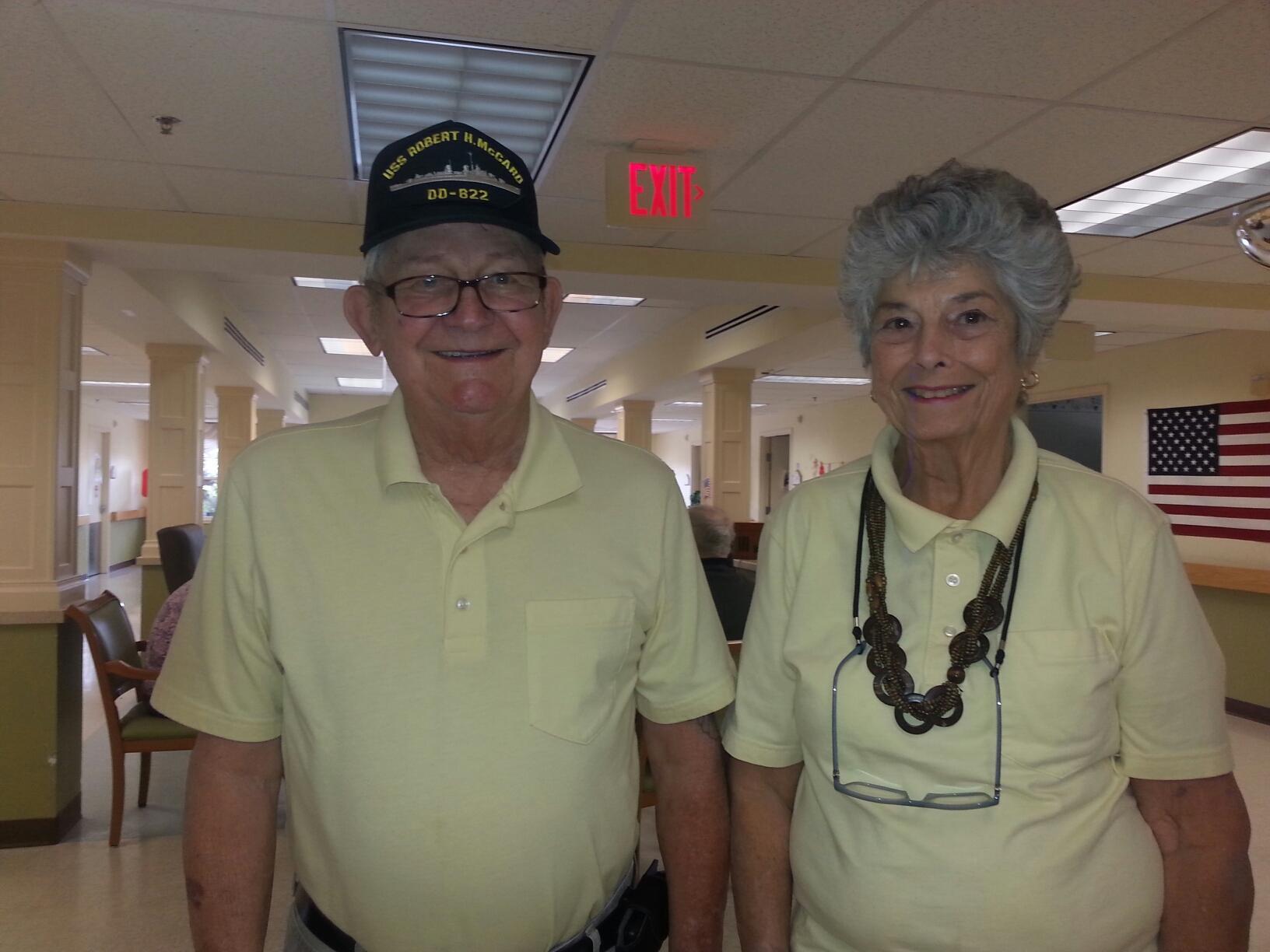
April 17, 2017
VCU Dental Care to host free oral, head and neck cancer screening on April 22
Share this story
Carol Fisher was at a routine dental appointment at VCU Dental Care in September 2015 when the Virginia Commonwealth University dentistry student who was examining her noticed suspicious lesions on her tongue.
“I thought they were soup burns,” the 74-year-old said. “The student said it didn’t look right, so she called the dentist over and he referred me to an oral pathologist. He said he was pretty sure it was cancer and next thing I knew, I was in the waiting room of an oncology clinic at VCU Medical Center. They scheduled me for surgery within weeks.”

Fisher, a retired secretary who does not smoke or drink alcohol, was not at high risk for developing oral cancer, so the diagnosis came as a shock.
“I am eternally grateful to the VCU students who saved my life,” the Spotsylvania resident said. “Without the quick response of all involved, and especially the student who first noticed the lesions, I can honestly say I would be dead by now.”
April is Oral Cancer Awareness Month and on April 22, VCU Dental Care will host a free oral, head and neck cancer screening from 10 a.m. to 1 p.m. at the Lyons Dental Building, 520 N. 12th St. During the screening, which is open to the public, VCU School of Dentistry students and faculty will collect key medical and social histories that target predisposing conditions for oral, head and neck cancers. A thorough head and neck exam will also be provided.
“Anyone can get oral cancer and everyone should have periodic oral, head and neck cancer screening,” said Jaisri Thoppay, D.D.S., assistant professor of oral medicine and orofacial pain in the Department of Oral and Maxillofacial Surgery at VCU School of Dentistry. The examination takes a few minutes and can be done during a routine check-up by a dentist or medical doctor.
Almost 50,000 Americans will be diagnosed with oral oropharyngeal cancer this year, according to the Oral Cancer Foundation. Of those individuals, only slightly more than half will be alive in five years. Historically, the death rate associated with oral cancer is particularly high due to the cancer being routinely discovered late in its development. It can prosper without producing pain or readily recognizable symptoms during early stages and can easily go unrecognized.
“Preventative screening facilitates early detection,” Thoppay said. “Screening tests are given when one does not have any cancer symptoms. These events facilitate risk assessment and also create awareness in the community.”
Subscribe to VCU News
Subscribe to VCU News at newsletter.vcu.edu and receive a selection of stories, videos, photos, news clips and event listings in your inbox.










